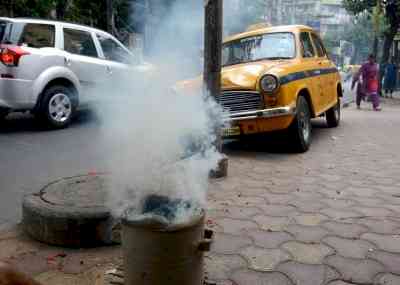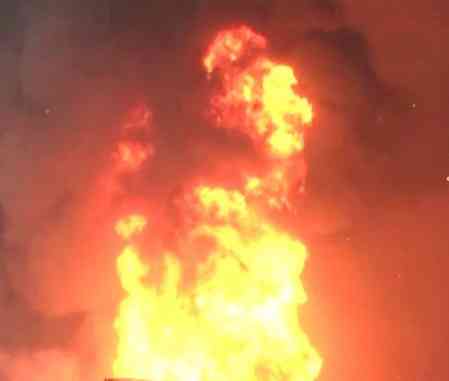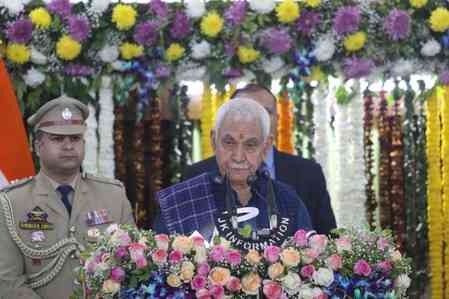Kolkata becomes 3rd Indian city to get air quality early warning system
After Delhi and Pune, Kolkata is all set to become the third Indian city to get air quality early warning system ( AQEWS) to compute and relay real-time and forecast data on pollution levels in the city, courtesy an initiative by the Indian Institute of Tropical Meteorology (IITM).

Kolkata, Aug 25 (IANS) After Delhi and Pune, Kolkata is all set to become the third Indian city to get air quality early warning system ( AQEWS) to compute and relay real-time and forecast data on pollution levels in the city, courtesy an initiative by the Indian Institute of Tropical Meteorology (IITM).
Through a dedicated website developed for that purpose, it will be possible to deliver detailed information about the contribution of PM2.5 and PM10 emissions.
According to IITM scientist Sachin Ghude, capturing PM2.5 levels of such unprecedented magnitude is a global rarity.
“We faced considerable challenges in collecting such exceptional data from the city. Our AQEWS relies on pinpoint accuracy, starting with precise weather forecasts as a foundation," he said.
He also said that IITM has integrated satellite data on Aerosol Optical Depth (AOD) from an extensive network of 420 air quality monitoring stations across India.
“This innovative system holds immense potential as a decision support tool for effective air quality management,” he said at the India Clean Air Summit (ICAS) 2023, organised by the Center for Study of Science, Technology and Policy.
It is learnt that in Kolkata, as many as 20 low-cost censors (LCS) have been installed for this purpose.
“LCS data after cross-calibration correctly identified days as being in or out of attainment with the 24h National Ambient Air Quality Standard of 60 μg m-3 91 per cent of the time. The corrected data accurately identifies days with an India scale air quality index of 'poor' or 'worse' 94 per cent of the time.
"This suggests that LCS can be a useful supplement to reactive gaseous mercury networks for air quality management,” said V. Faye McNeill, professor in the departments of chemical engineering and earth and environmental sciences at the Columbia University.


 IANS
IANS 










